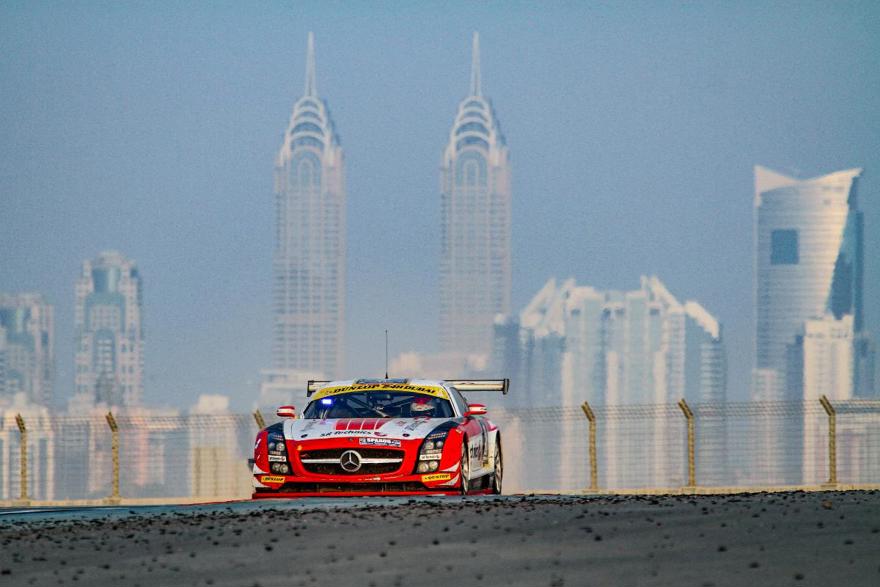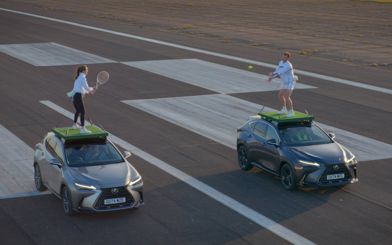This weekend's Goodwood Festival of Speed (11th to 14th of July) will see the usual array of mouth-watering metal on display and roaring up Charles Gordon-Lennox's driveway, but Mercedes-Benz is taking things up several levels in terms of sheer desirability with its display of racing machinery that literally covers the entire history of motorsport.
What is widely regarded as the first automobile race took place on the 22nd of July 1894 from Paris to Rouen, and featured automobiles powered by steam and petrol.
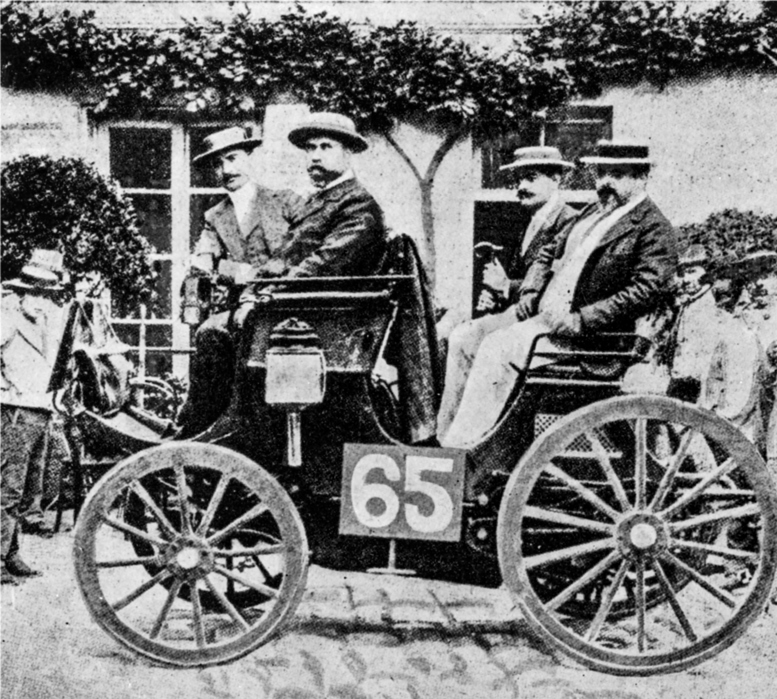
According to former Technical Director of Daimler-Motoren-Gesellschaft and Gottlieb Daimler's son, Paul, who went to see the race with his father, there was a huge crowd of curious onlookers.
"The racing cars, fundamentally different in shape, type and size, heavy steam cars with trailers and huge power, compete with the lightest steam tricycles, and these in turn compete with petrol cars, said Daimler in 1924.
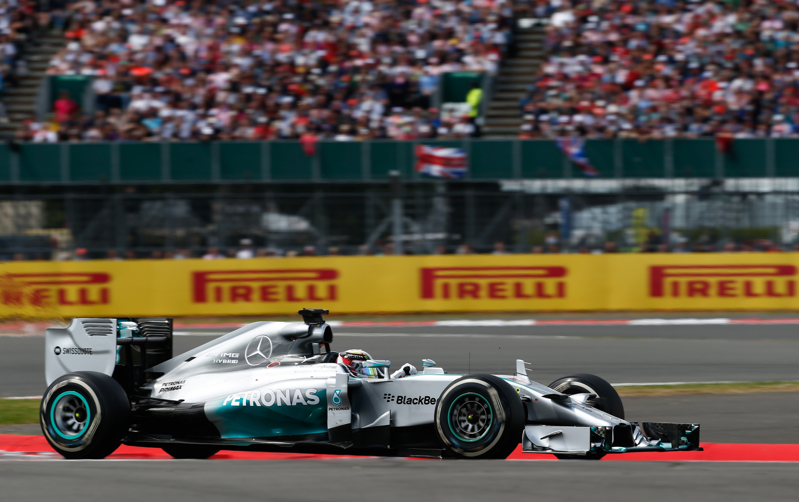
"We accompanied the race in our motorcar. It was a strange spectacle to see so many fundamentally different types of vehicles competing in speed: there were the firemen of the heavy steam cars, sweating, soot covered, working hard piling on the fuel; the drivers of the small steam tricycles, constantly checking the pressure and water level in the small, artistically constructed boiler and regulating the oil firing; and in contrast, the drivers of the petrol and oil-fired vehicles sitting still on the driver’s seat, adjusting a lever now and again, as if they were driving purely for pleasure – truly a strange comparison and an absolutely unforgettable sight that will stay with me throughout my life."
The race was won by a petrol-engined Peugeot powered by an engine of Daimler's design - a 3 horsepower V-twin - but wasn't without controversy as the vehicle that actually finished first - a steam-powered 20 hp De-Dion-Bouton - was disqualified because its design as a steam tractor unit with a passenger carriage did not comply with the terms of entry, which only permitted four-seater vehicles.
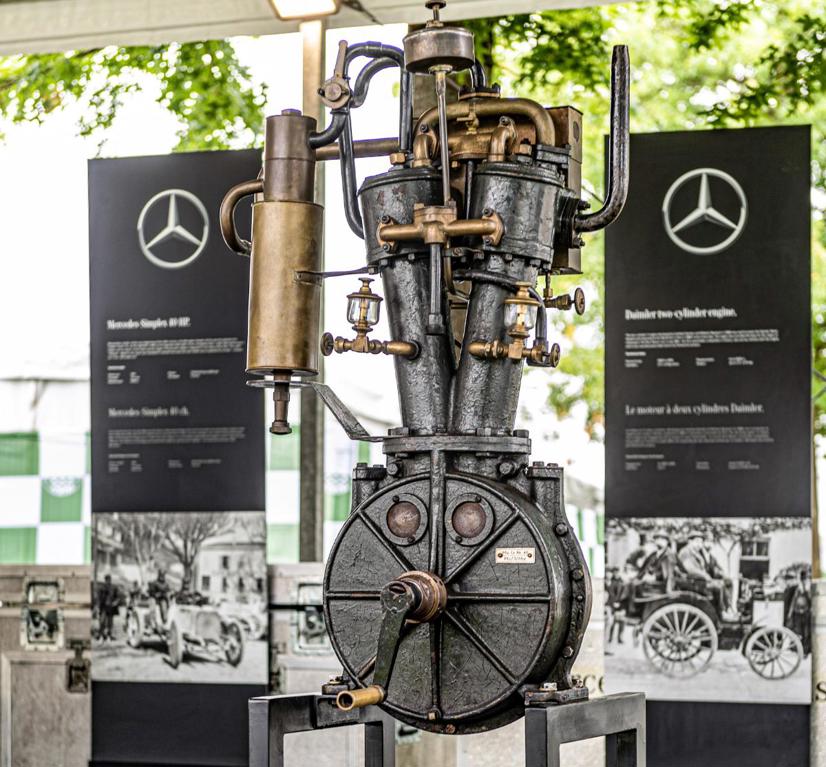
The V-twin will be part of Mercedes-Benz's display at Goodwood this weekend, along with a vast array of racing cars that followed in the next 130 years, right up to two F1 cars from the Mercedes-AMG Petronas F1 team.
Cars that will be on display and even heading up the hill ("most of them will also absolve the hill climb at a brisk pace before a large audience" according to the company) include:
- The 1924 Mercedes 2-litre Targa Florio racing car that won the Targa Florio – the legendary, tough road race through Sicily - 100 years ago. Mercedes-Benz Classic has painstakingly restored an original vehicle with "the utmost authenticity."
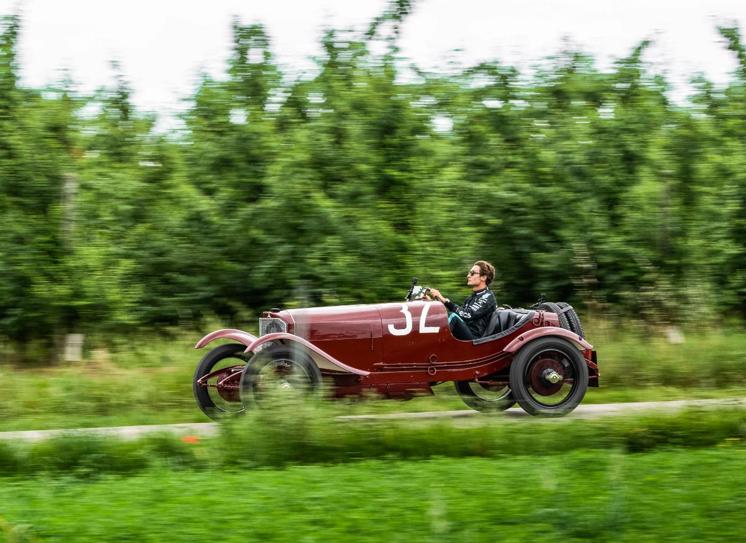
- The 1934 W25 Mercedes-Benz 750-kilogram formula racing car that was the first "Silver Arrow" and premiered in the 1934 Eifel race, with Manfred von Brauchitsch the winner. Rudolf Caracciola became European Grand Prix Champion in 1935 in the car, comparable to today’s F1 title.
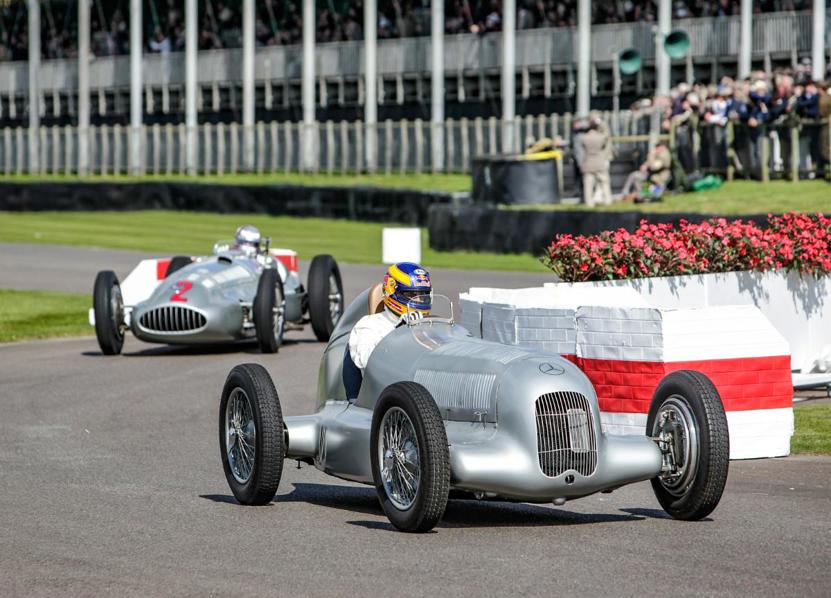
- The W196 R Mercedes-Benz Formula One racing car that Juan Manuel Fangio won the Formula One World Championship in 1954 and 1955 with.

- The legendary 1955 Mercedes-Benz express racing car transporter, a sensational one-off cab-forward truck called "Blue Wonder" that used the engine came from the 300 SL Gullwing and was capable of up to 170km/h for "urgent racing car delivery".
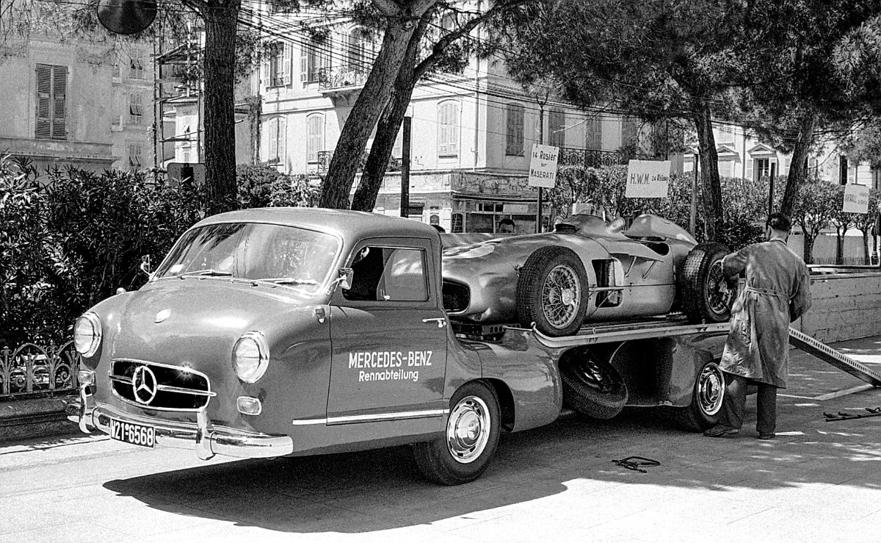
- The 1990 Mercedes-Benz C11 Group C racing sports car, a 537kW carbon fibre/Kevlar monocoque car , built for the 1990 Group C World Championship that won the second double title in a row for the team and drivers.
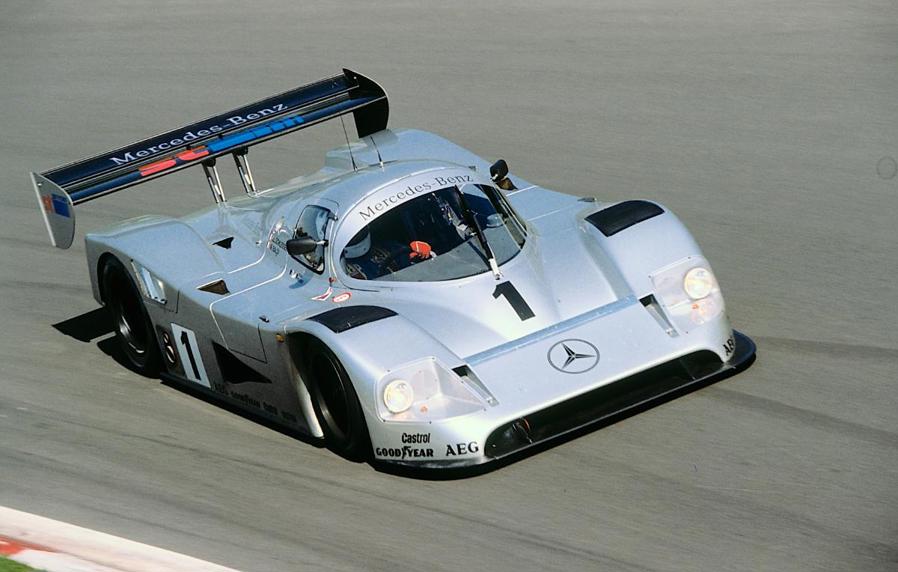
- The 1998 Mercedes-Benz CLK LM that won all the FIA GT Championship races in which it competed. The successor to the CLK GTR with a 5-litre V8 engine, the CLK LM once again won the team and drivers’ championship.
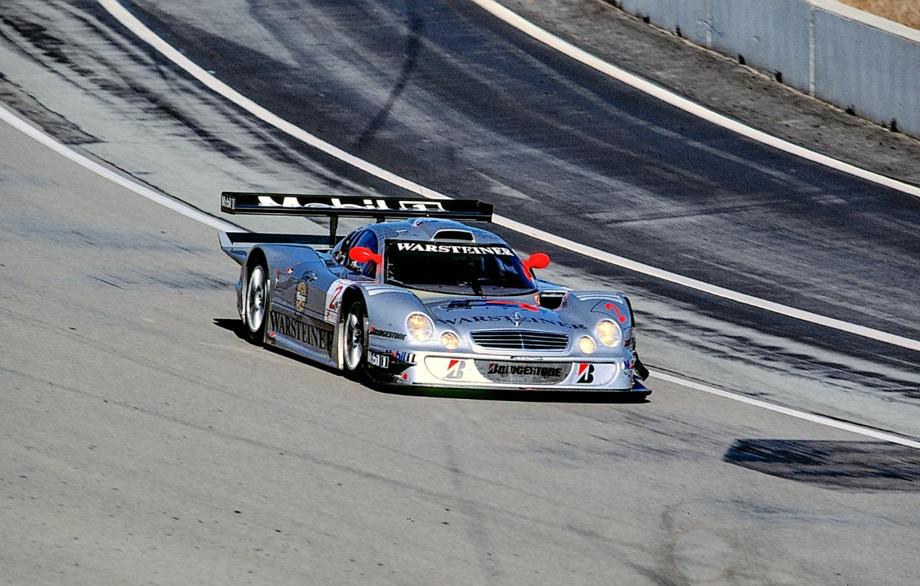
- The 2012 C197 Mercedes-Benz SLS AMG GT3, a remarkably successful customer sports car for the GT3 regulations. The car shown at Goodwood led a one-two-three victory in the 2012 Dubai 24-hour race.
